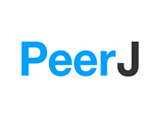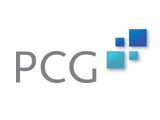Springer and the Brazilian Society of Adhesion and Adhesives are partnering to publish the new open access journal Applied Adhesion Science. The publication strengthens Springer’s open access portfolio, which now comprises over 400 journals. As an open access journal, it can be read free of subscription charges or registration barriers on SpringerLink (link.springer.com) as well as on the dedicated journal website at appliedadhesionscience.com .
Applied Adhesion Science focuses on the practical applications of adhesives, with special emphasis in fields such as oil, aerospace and biomedicine. Topics on the problematics related to the phenomena of adhesion and the application of adhesive materials are featured, especially in biomedical areas such as dentistry adhesives. Both theoretical and experimental studies are published. Editor-in-chief is Professor Silvio Romero de Barros, Professor at the Federal Centers of Technological Education, Rio de Janeiro.
“The Brazilian Society of Adhesion and Adhesives wanted to create a new open access journal dedicated to the applications of adhesives in different areas, from mechanical industry to medical treatments. The idea was to create a journal with high-quality papers, freely available to anyone in the world. It was clear to us from the beginning that the best partner for this challenge was Springer,” said Professor Silvio Romero de Barros.
Dr. Mayra Castro, Publishing Editor Applied Sciences at Springer, said, “We are delighted to collaborate with the Brazilian Society of Adhesion and Adhesives on the creation and development of their new journal. Applied Adhesion Science has a strong interdisciplinary orientation and will attract readers from many different fields.”
SpringerOpen journals (www.springeropen.com) are published under the Creative Commons Attribution (CC BY) license which enables authors to easily comply with the open access mandates of their institutions and funding bodies and to retain copyright to their work.































